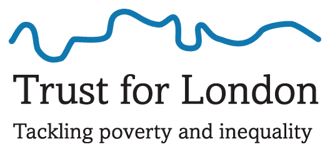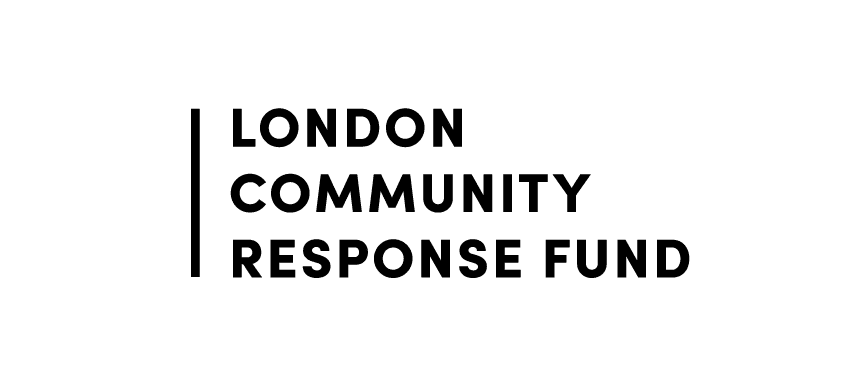Introduction
The Hate Crime and Public Order (Scotland) Act 2021 came into force in Scotland on 1 April 2024. The Scottish government has stated that the Act aims to tackle the harm caused by hatred and prejudice and provide greater protection for victims and communities by consolidating existing hate crime laws.
The Act also creates new offences for “threatening or abusive behaviour which is intended to stir up hatred” based on the protected characteristics of age, disability, race (including colour, nationality, ethnic or national origins), religion or belief, sexual orientation, transgender identity and variations in sex characteristics. Thus, the Act includes age as a new statutory aggravation and aims to empower older individuals to report hate crimes.
Increase in Hate Crime Reports
According to the BBC, in the first week after the new law came into effect, Scottish Police received more than 7,000 online reports of hate crimes. The force stated that this was a “substantial increase” – but the impact on frontline policing was minimal.
The majority of the reports were anonymous and a total of 240 hate crimes and 30 non-crime hate incidents were recorded during the seven-day period. Cabinet Secretary for Justice of Scotland Angela Constance stated that the number of hate crimes recorded “demonstrates that this legislation is required and needed to protect marginalised and vulnerable communities most at risk of racial hatred and prejudice.” She has also emphasised that hate crime in Scotland has historically been underreported.
More generally, hate crimes increased in Scotland in 2023-2024. According to the Crown Office and Procurator Fiscal Service, the total number of charges reported to the police containing at least one element of hate crime in that year was 5,992, 1.5% higher than in 2022-2023.
Racial hate crime remains the most commonly reported hate crime, with 3,392 charges reported in 2023-2024, an increase of 4.6% compared to 2022-2023. Sexual orientation aggravated crime is the second most commonly reported type of hate crime, which decreased by 5.7% in 2023-2024 to 1,818. The number of disability aggravated charges increased by 22% to 903 in 2023-2024. There were 523 charges with a religious aggravation reported in 2023-2024, 12% fewer than in 2022-2023 and there were 84 charges reported in 2023-2024 with an aggravation of transgender identity, compared to 67 in 2022-2023.
Criticism of the New Hate Crime Law in Scotland
Prior to the passing of the Act, it was criticised by campaigners for women’s rights for failing to include hatred of women and include biological sex as a protected characteristic. However, a standalone bill designed to tackle misogyny is expected to be put before the Scottish Parliament at a later date. A separate law focused on tackling misogyny been recommended by human rights lawyer and Labour peer Baroness Helena Kennedy KC. She commissioned a report which concluded, “We do not recommend the addition of sex as a characteristic to the [Hate Crime Act] as we feel that misogyny is so deeply rooted in our patriarchal ecosystem that it requires a more fundamental set of responses.”
Additionally, Harry Potter author JK Rowling has publicly criticised the Act by suggesting that it erodes free speech. She made comments describing transgender women as men, including convicted prisoners, trans activists and other public figures. She also commented on social media platform X, “women gain no additional protections, of course.” After making these comments she dared police to arrest her if they believe this statement to be criminal. Police Scotland later confirmed that the comments she made online were not recorded as a non-hate crime incident. By way of clarity, according to guidance provided by Police Scotland, a non-hate crime incident is recorded when a complaint does not meet the threshold for a crime but is perceived to be “motivated (wholly or partly) by malice and ill-will towards a social group.”
The new law was also criticised by Scottish Conservatives who warned that the legislation would burden the police force, which is already overwhelmed. In the first two weeks of the Act coming into force, Police Scotland received almost 9,000 online hate reports. According to The Guardian, Lord Hope, a former deputy president of the UK supreme court and lord justice general has also called for the Act to be repealed as it places an “extraordinary burden” on the police, as they are required by the law to investigate every complaint. He also claims that it would have been easier for the government to amend the Public Order Act by adding the prejudices as aggravating factors in crimes.
In June 2024, Police Scotland was criticised by The Scotsman newspaper in relation to the new hate crime law. The Scotsman made a Freedom of Information (FOI) request asking Police Scotland for all training and guidance material that is being provided to officers and staff in relation to the Hate Crime Act. Police Scotland refused to provide this information as the material was, “in the process of being rolled out internally” and argued that it would not be appropriate to release it prior to this being completed. Therefore, The Scotsman accused the police force of secrecy.
Hate Crime Laws in Scotland Versus Those in England and Wales
The Hate Crime and Public Order (Scotland) Act 2021, maintains and consolidates existing legislative protections against offences aggravated by prejudice against age, disability, race, religion, sexual orientation, transgender identity and variations in sex characteristics.
The Law Commission has suggested that a similar legislative approach in relation to hate crime should be taken in England and Wales, in terms of bringing hate crime provisions together into a single statute to make the law clearer and more intelligible. This is because the hate crime laws are spread across four different Acts within this legal jurisdiction – the Crime and Disorder Act 1998, the Sentencing Code, the Public Order Act 1986 and Section 3 of the Football (Offences) Act 1991.
How can I report a hate crime or incident?
Hate crimes or incidents can be reported to the police by visiting a police station or by calling 999 if the crime is in progress or if someone is in immediate danger. If the crime is not an emergency, it can be reported to the police by calling 101.
True Vision, a police-funded website developed to allow individuals to report hate crimes online is another platform which can be used to report hate crimes or incidents. Please note that although not all hate incidents will amount to criminal offences, they should still be reported to the police.
Additionally, hate crimes or incidents can be reported to victim support organisations such as the West London Equality Centre by calling our designated hate crime helpline at 0800 2943 479. We can offer free legal advice regarding the next steps to be taken and preserving evidence, contact the police on behalf of victims and or witnesses and consider practical solutions to help deal with incidents or the aftermath of incidents.
How we can help you
Our team comprises of qualified legal professionals, legal advisors, caseworkers and volunteers who can help to provide concise and accurate legal advice and carry out casework on hate crime matters.








